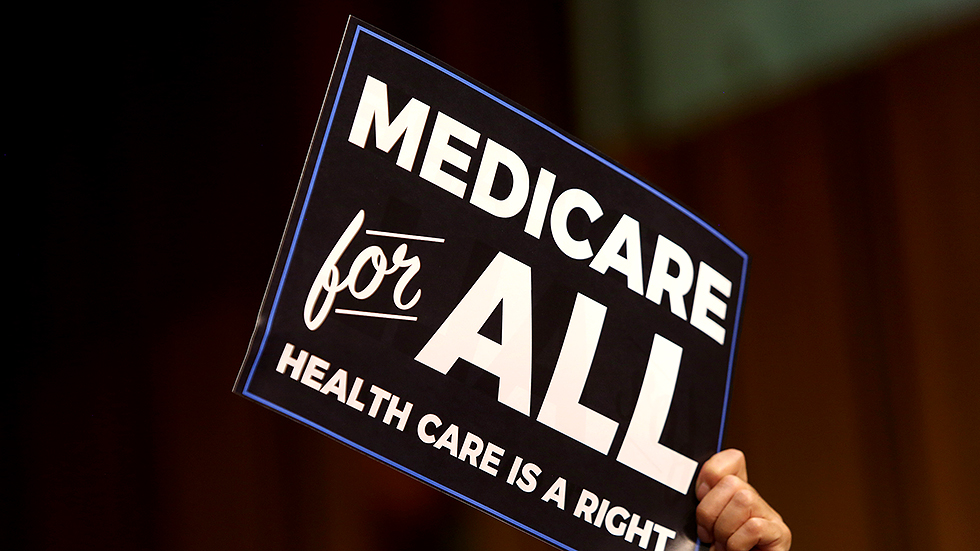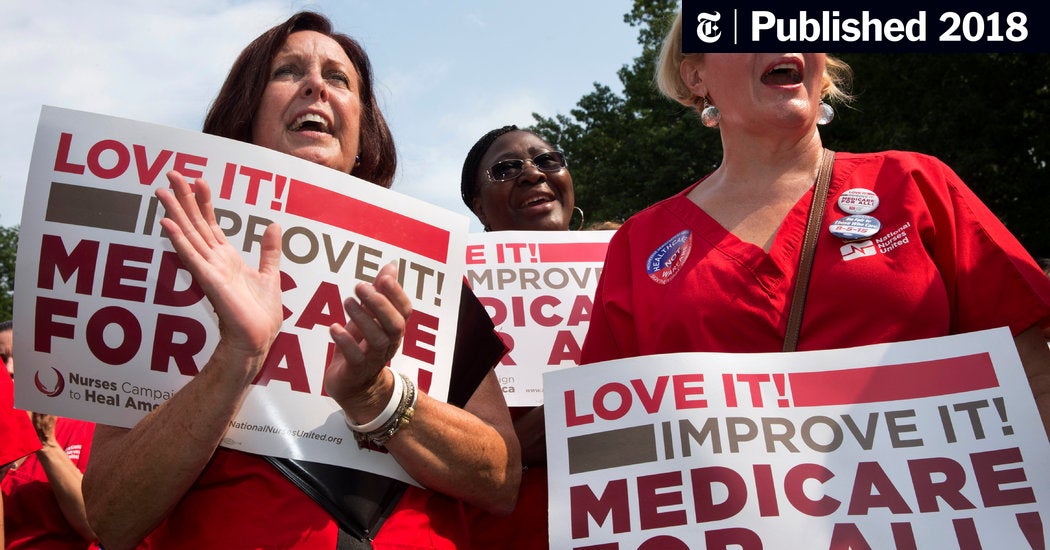I am not trolling or hoping to start a heated political discussion. And I don't wish to debates the merits of the proposal, nor its chances of passing. But Medicare For All is going to put Kaiser out of business, correct? I mean, they will still own their hospitals and clinics and patients will still engage with their Permanente physicians, but all the fat will be trimmed. Same thing for the Mayo Clinic, IHC, and all the others, correct?
Is the reason nobody talks about this is because it's so obvious? Or is this one of the obvious truths that only becomes obvious once you think about it, and nobody pauses to think about it? (I will say that it is terrible how journalists have let the insurance companies control the dialog, without ever mentioning their incentive to engage in half-truths, scare tactics, and flat out lies.)
It is not up for debate that insurance companies will be one tiny step above worthless. Yes, a second tier will likely develop, as well as supplemental plans. But buh-bye to 90% or more of their business (and good bloody riddance).
Now, Envision, USAP, Somnia, and all the other tedious anesthesia management companies will no longer be able to act like their market size is going to allow them more favorable reimbursement rates. True, they can still peddle their "secret sauce" nonsense, but nobody buys that now, and I imagine that without the empty promise of better reimbursement rates to hope for, their salespitch will have to evolve significantly if they are going to survive. Again, good bloody riddance.
Similarly, with administrative costs at 3% versus 30% for insurers, Medicare for All is going to put a lot of billing specialists out of business. Buh-bye.
Abeo and all the other blood-sucking leeches might still eke out an existence promising regulatory compliance, but their margins are going to be thinner. With only one set of hoops to jump through, a lot of groups are going to keep billing in-house. Or, more likely, hospitals will take over billing for the anesthesia groups. Again, more fat to be trimmed that simply won't be missed.
Am I missing something here?
I would particularly like to hear from docs who work for big management companies and wonder how scared they are. Their stock is going to be worthless. Is this a discussion taking place behind closed doors?
Is the reason nobody talks about this is because it's so obvious? Or is this one of the obvious truths that only becomes obvious once you think about it, and nobody pauses to think about it? (I will say that it is terrible how journalists have let the insurance companies control the dialog, without ever mentioning their incentive to engage in half-truths, scare tactics, and flat out lies.)
It is not up for debate that insurance companies will be one tiny step above worthless. Yes, a second tier will likely develop, as well as supplemental plans. But buh-bye to 90% or more of their business (and good bloody riddance).
Now, Envision, USAP, Somnia, and all the other tedious anesthesia management companies will no longer be able to act like their market size is going to allow them more favorable reimbursement rates. True, they can still peddle their "secret sauce" nonsense, but nobody buys that now, and I imagine that without the empty promise of better reimbursement rates to hope for, their salespitch will have to evolve significantly if they are going to survive. Again, good bloody riddance.
Similarly, with administrative costs at 3% versus 30% for insurers, Medicare for All is going to put a lot of billing specialists out of business. Buh-bye.
Abeo and all the other blood-sucking leeches might still eke out an existence promising regulatory compliance, but their margins are going to be thinner. With only one set of hoops to jump through, a lot of groups are going to keep billing in-house. Or, more likely, hospitals will take over billing for the anesthesia groups. Again, more fat to be trimmed that simply won't be missed.
Am I missing something here?
I would particularly like to hear from docs who work for big management companies and wonder how scared they are. Their stock is going to be worthless. Is this a discussion taking place behind closed doors?



